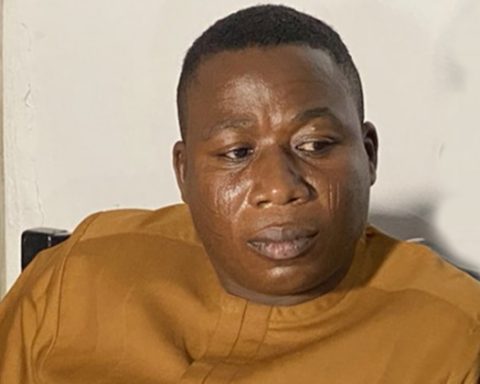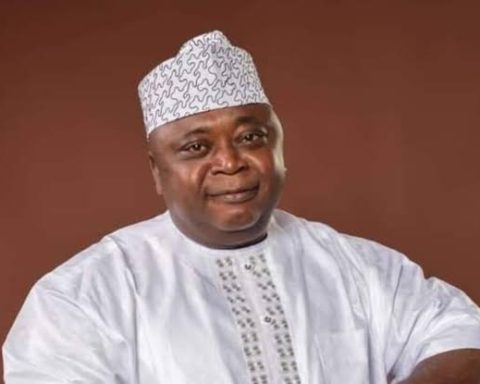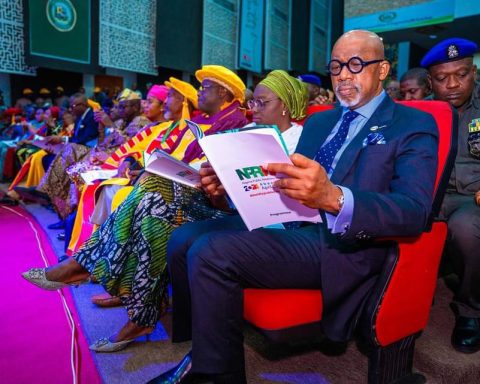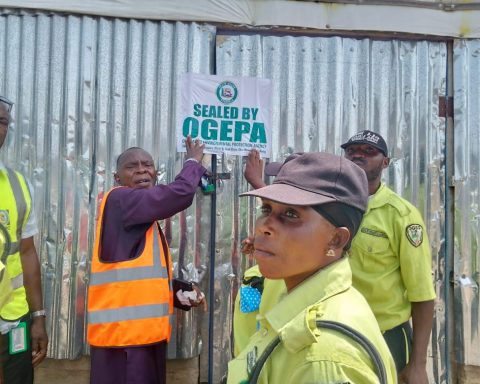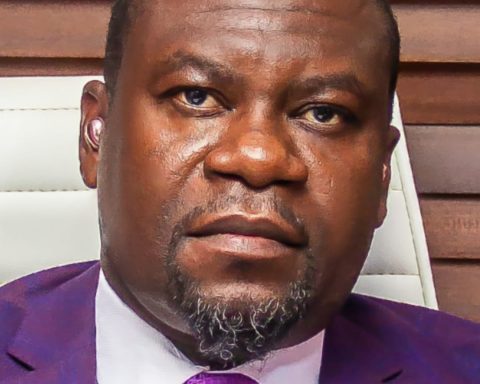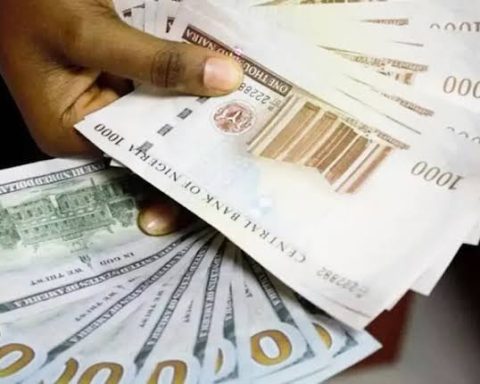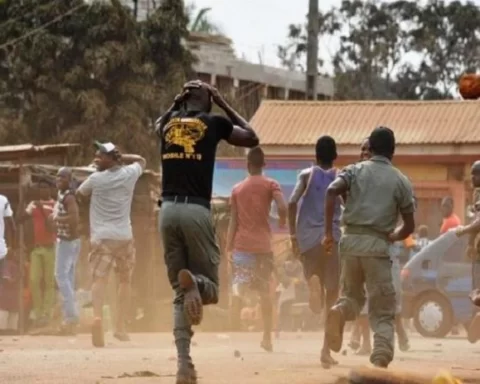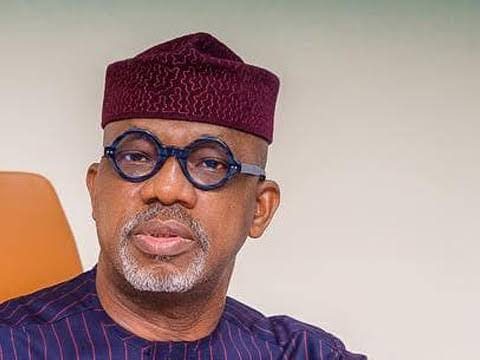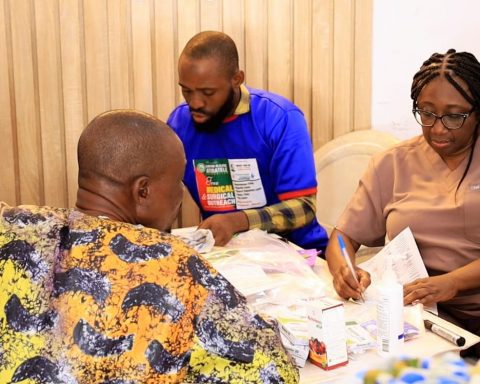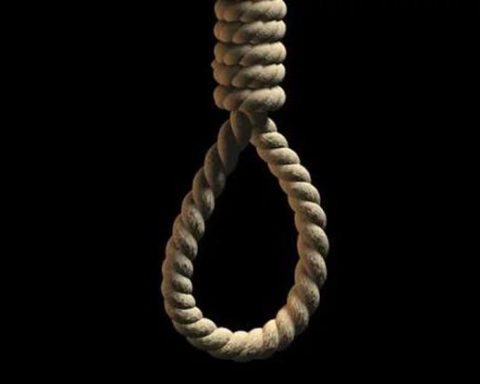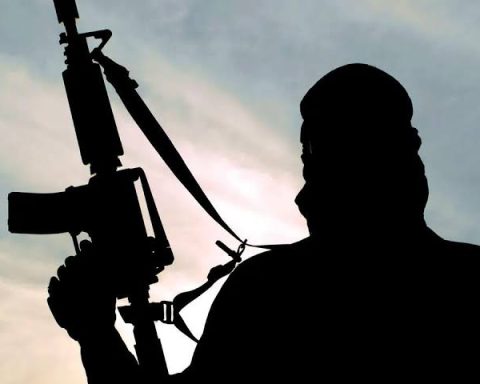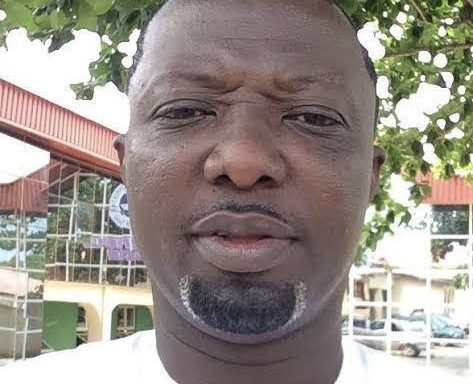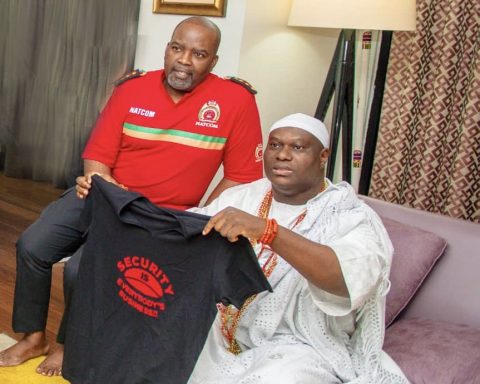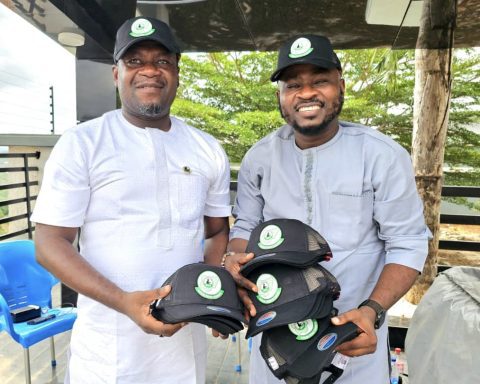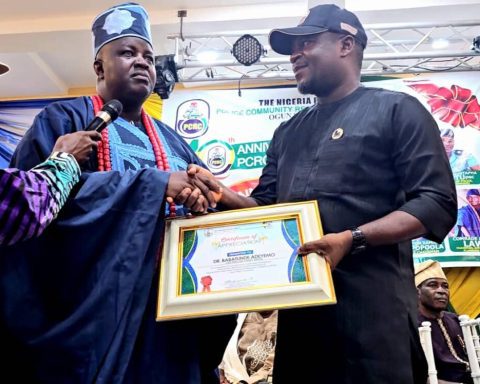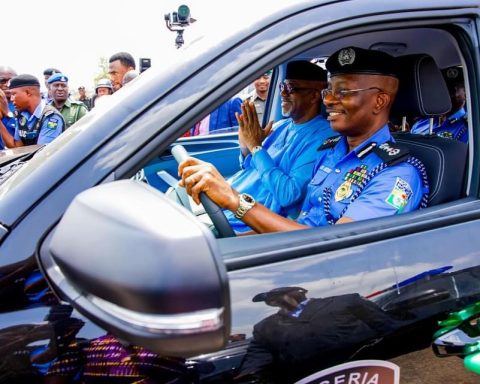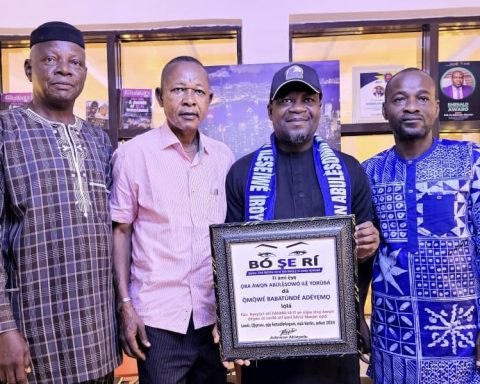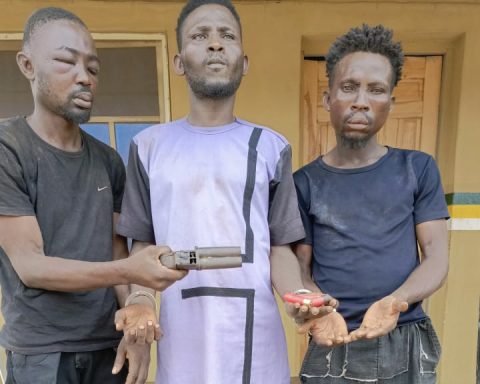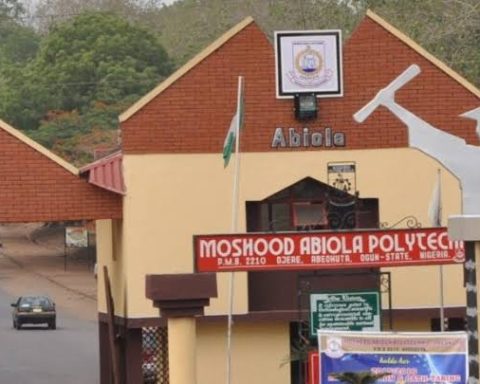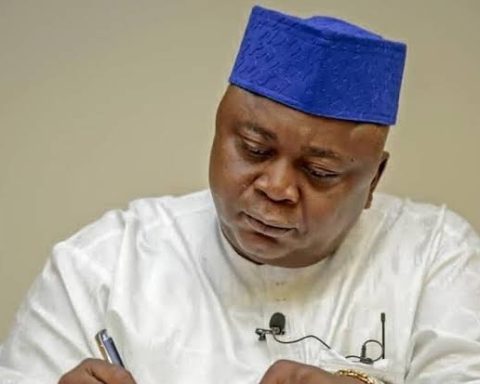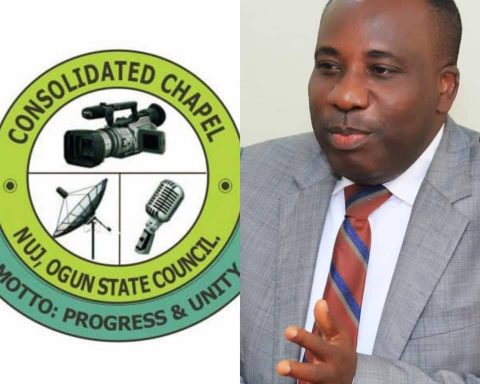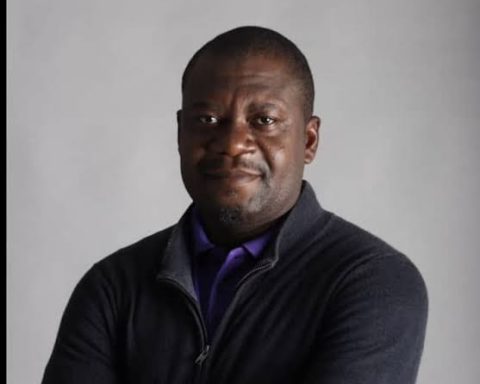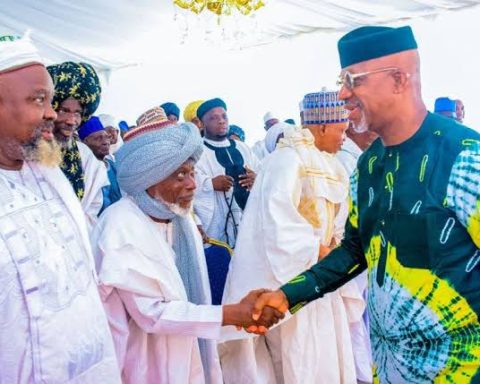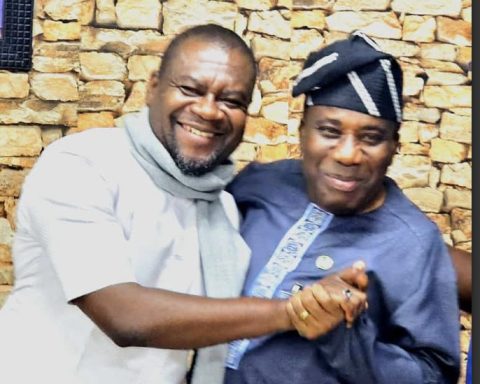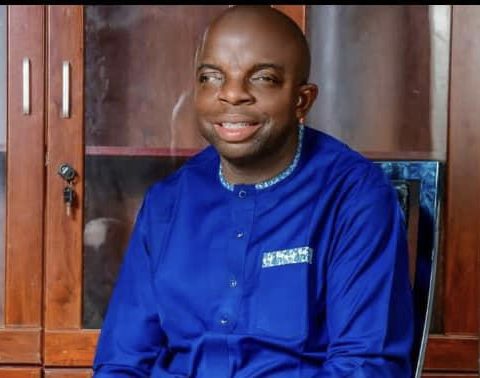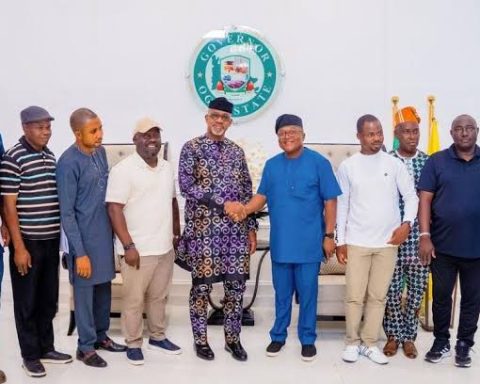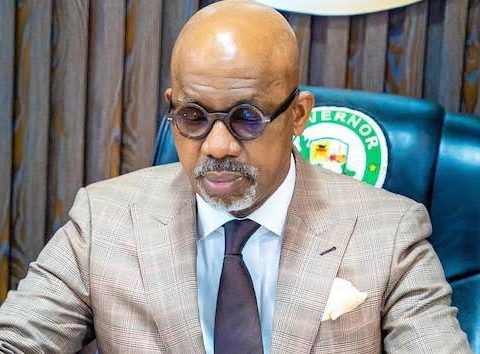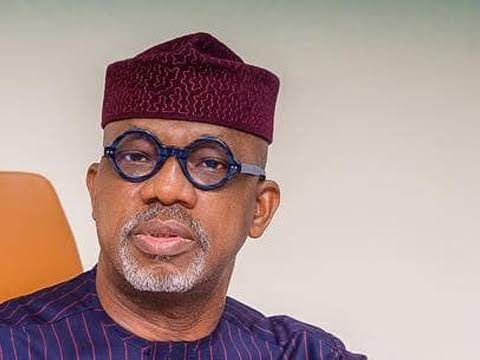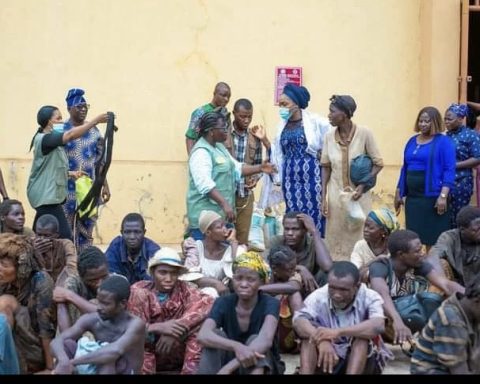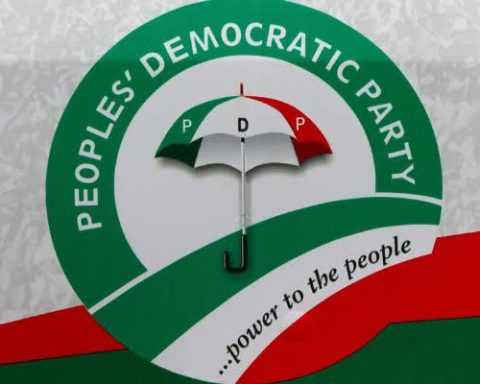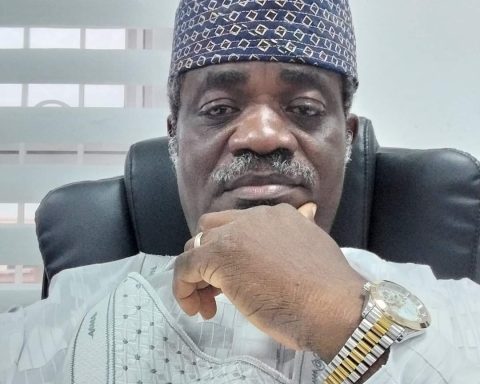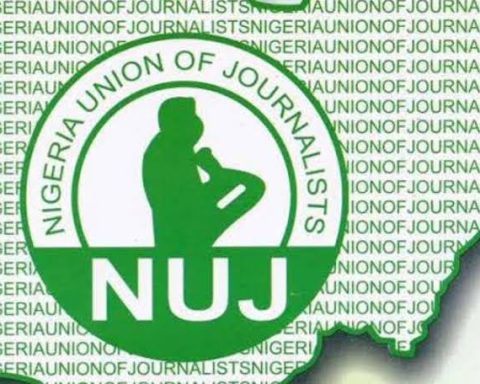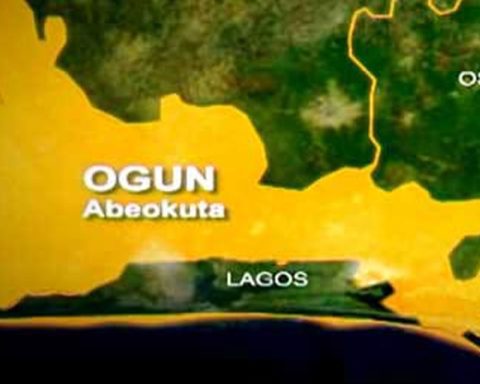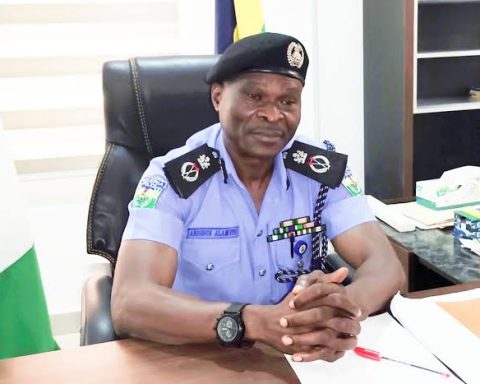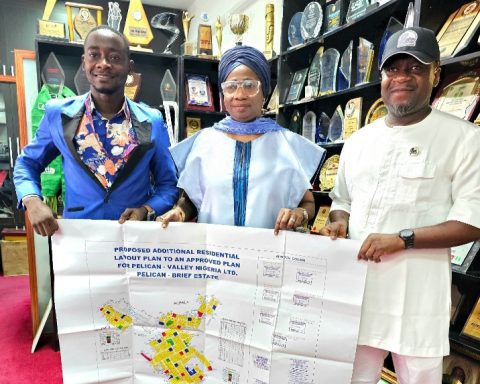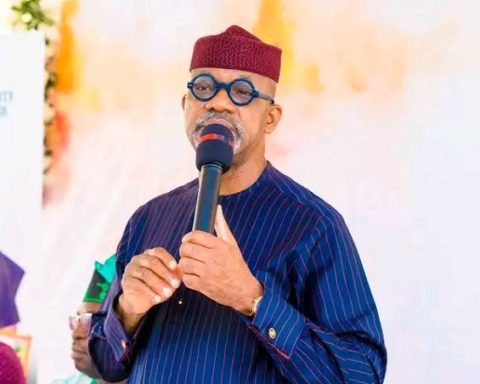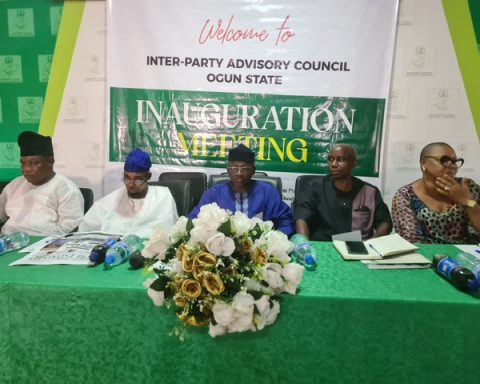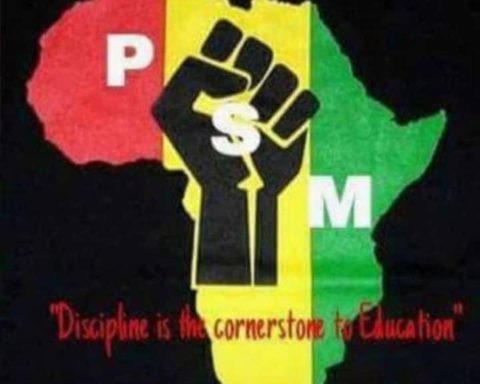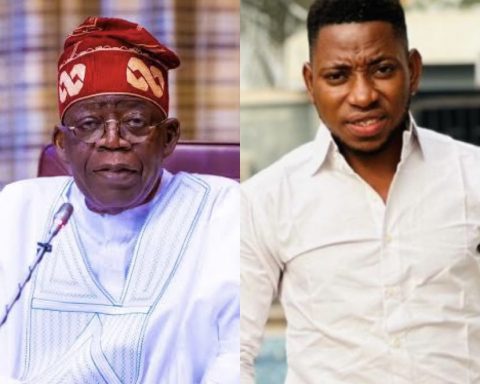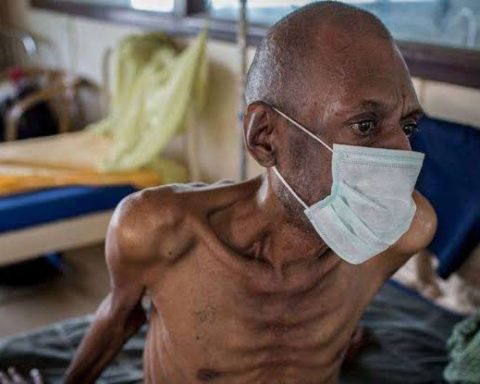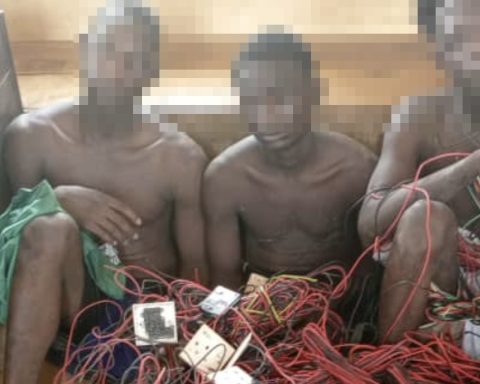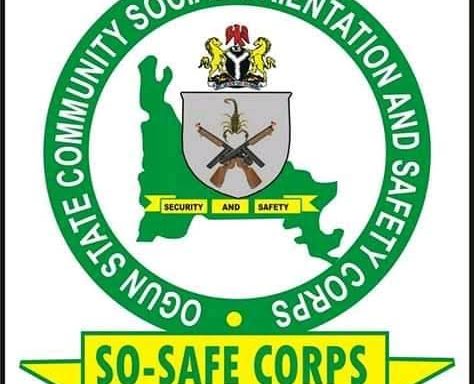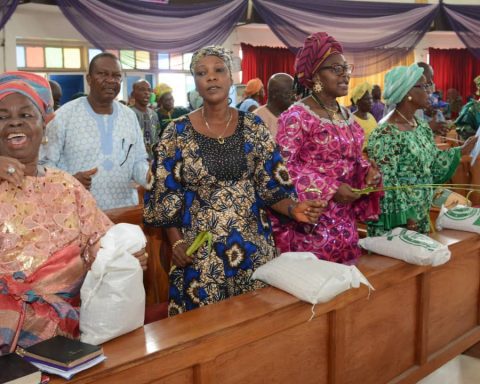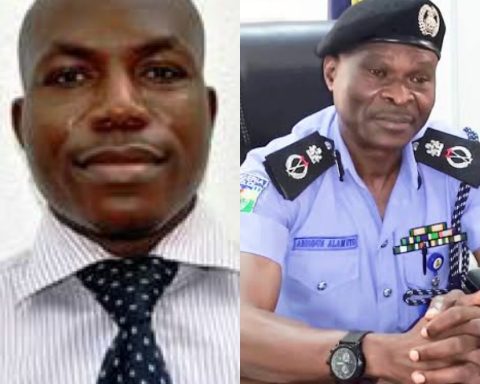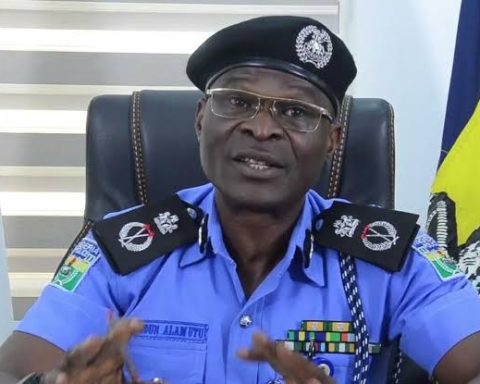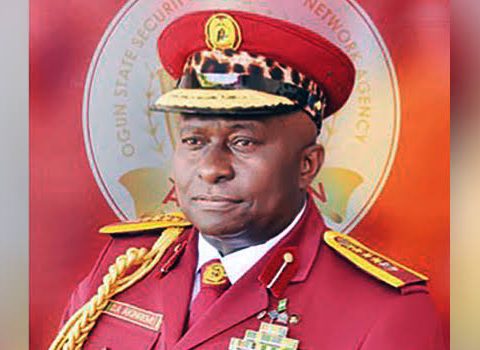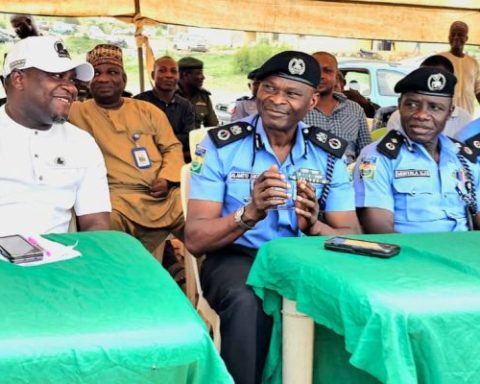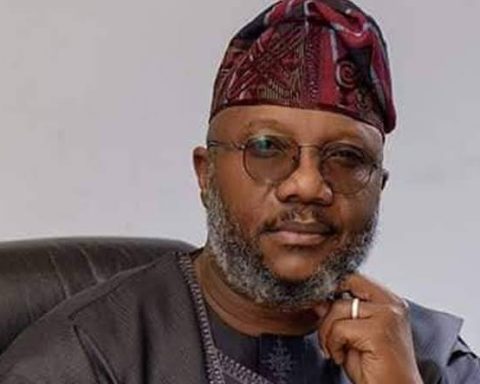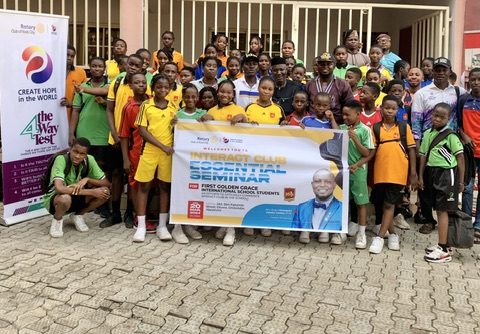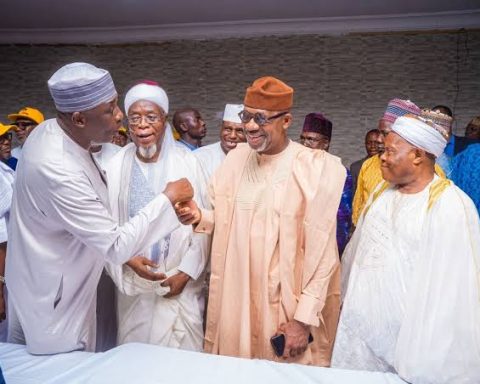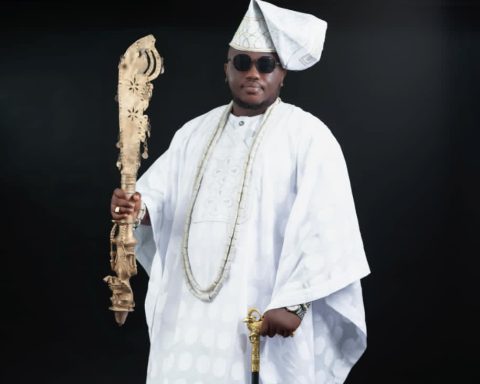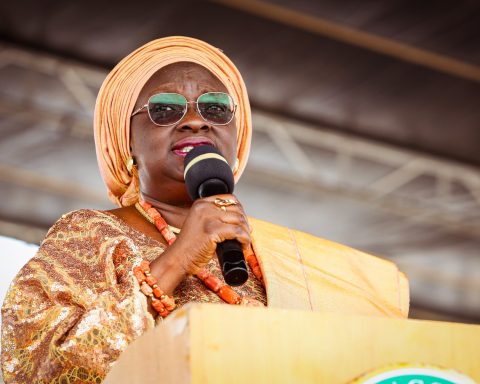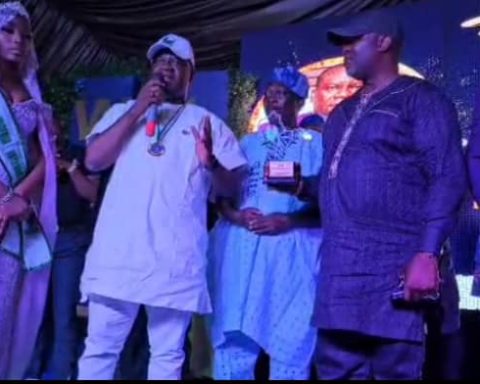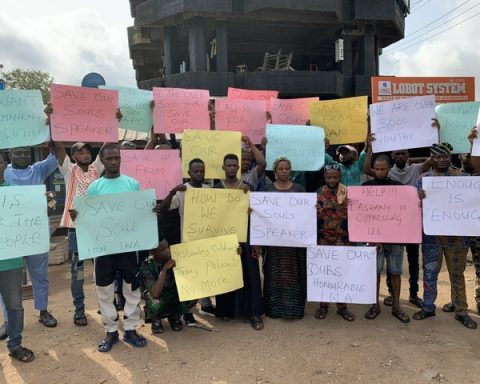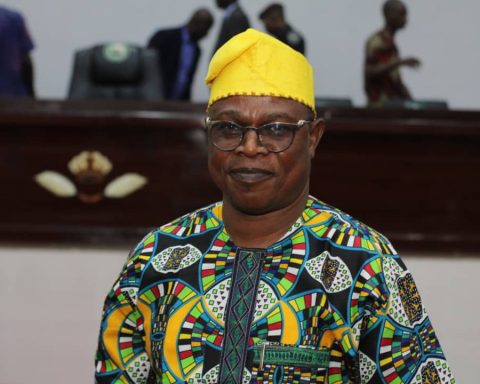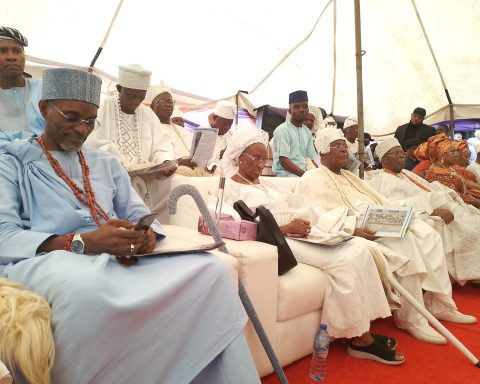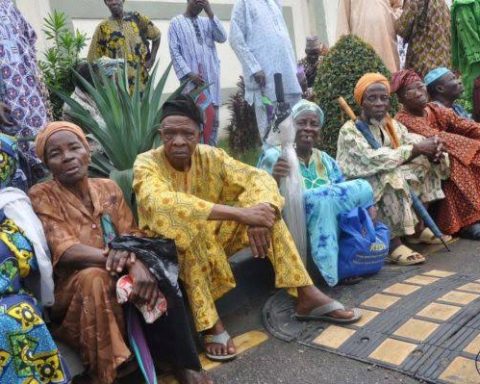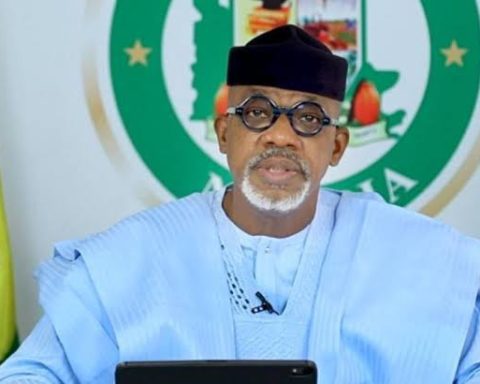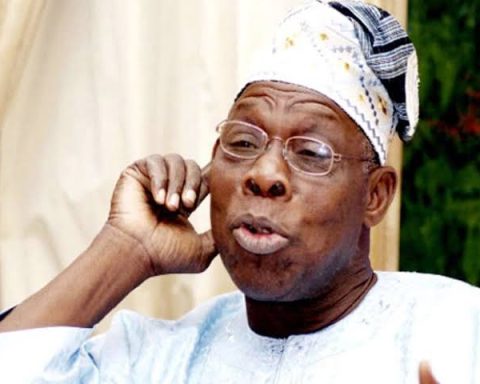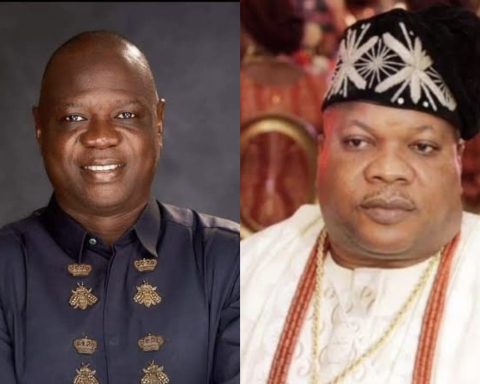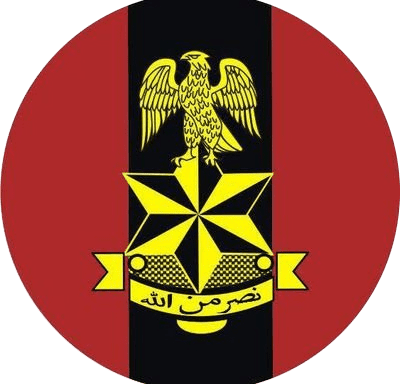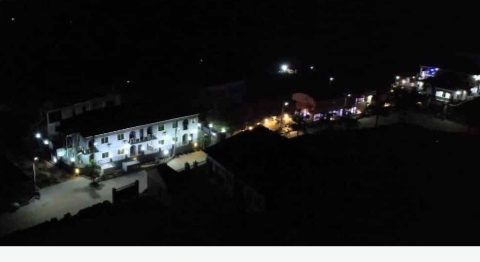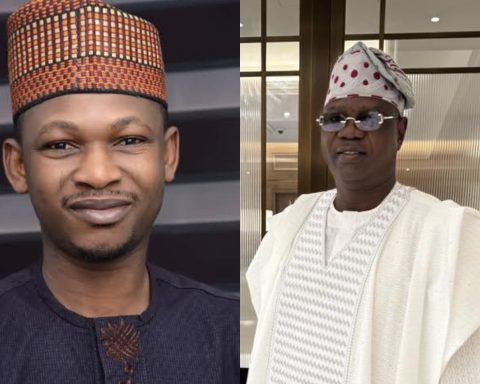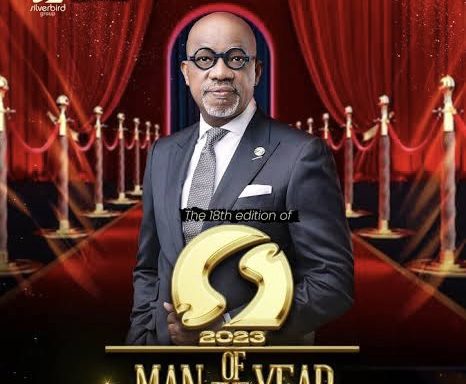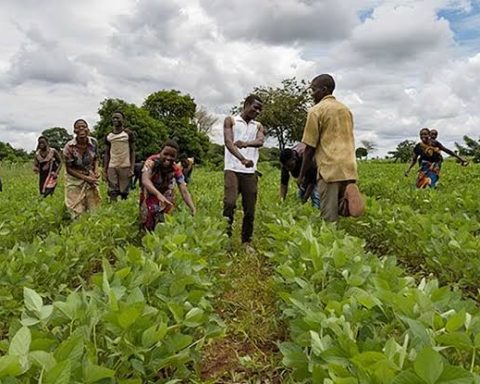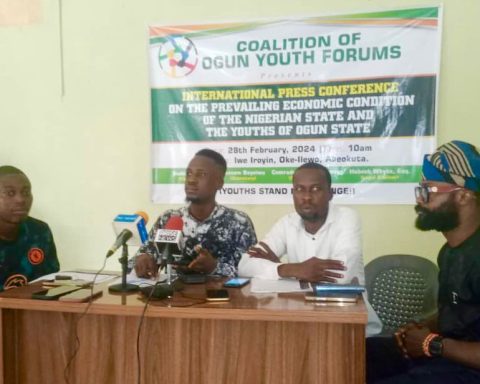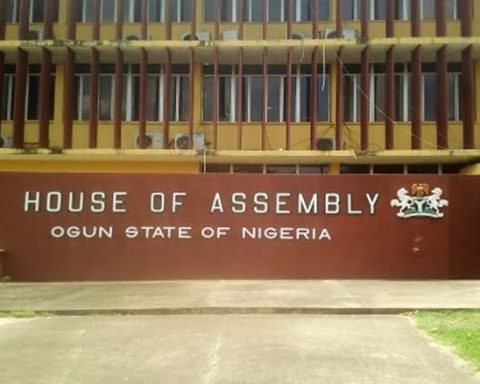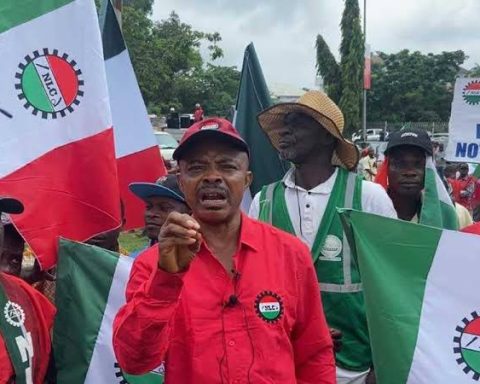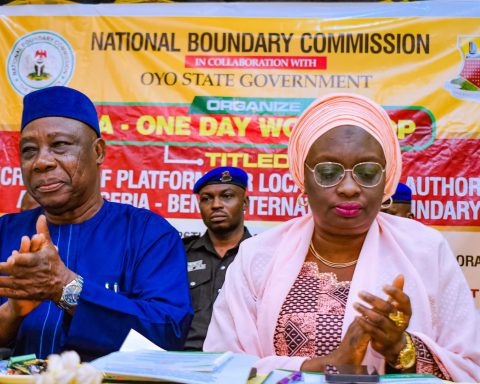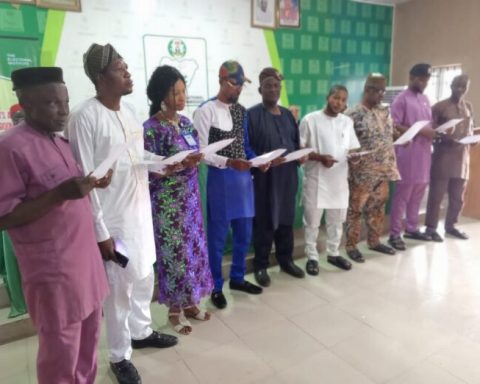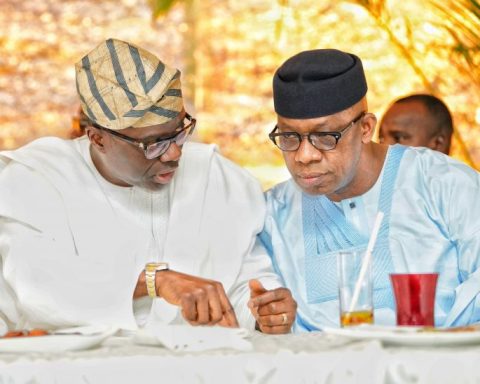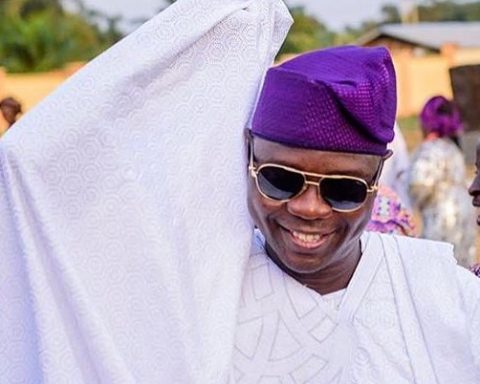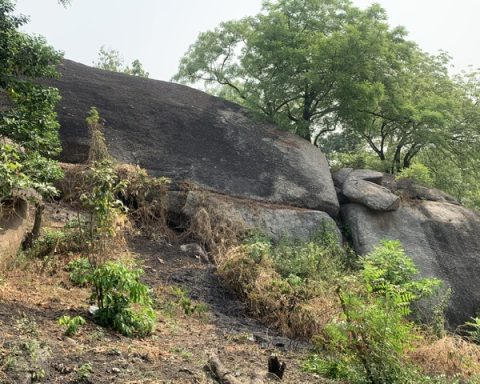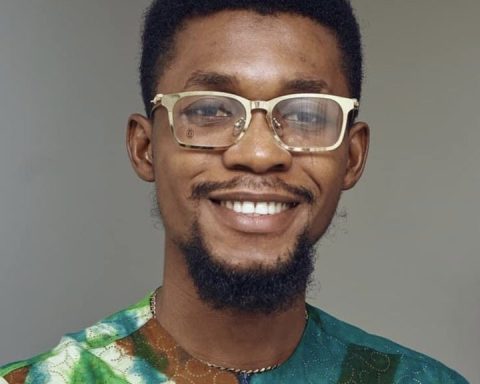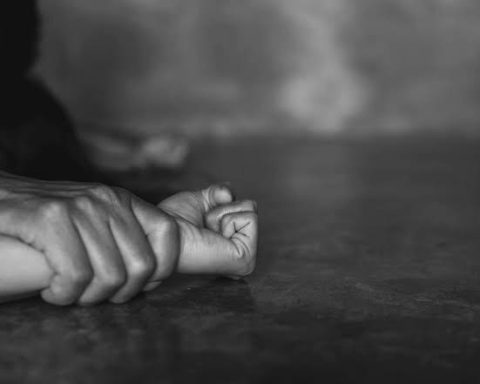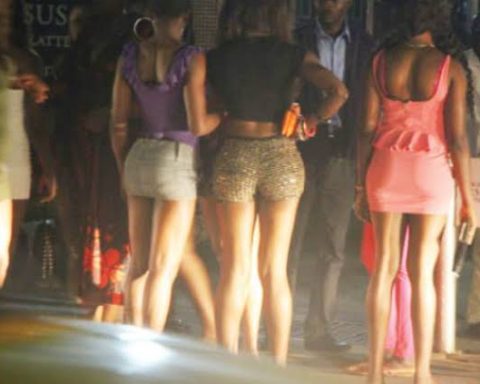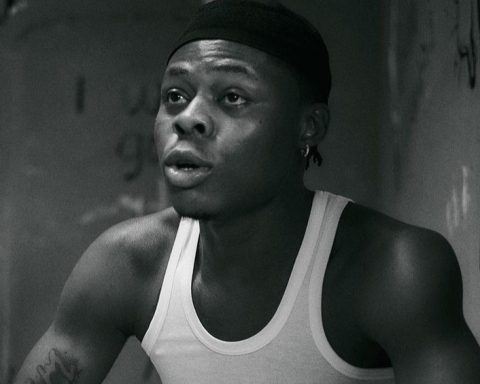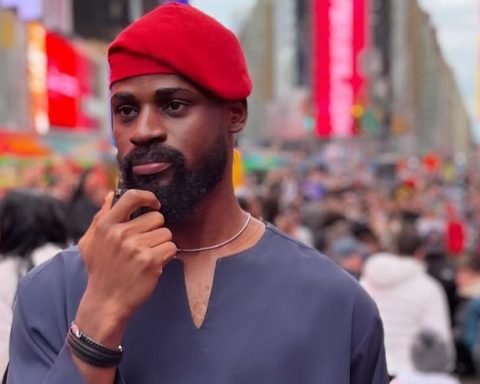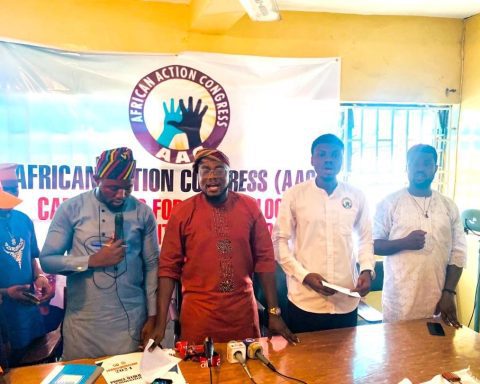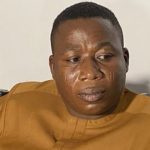

Muhammadu Buhari first rose to power in Nigeria in 2015 when he won the presidential election as the candidate of the All Progressives Congress (APC) party. Buhari had previously run for president several times, including in 2003, 2007, and 2011, but had been unsuccessful in those attempts.
During his 2015 campaign, Buhari campaigned on a platform of addressing corruption, improving security, and boosting the economy. He was seen as a strong challenger to the incumbent president, Goodluck Jonathan, who was facing criticism for his handling of issues such as corruption and security in the country.
Buhari’s campaign was bolstered by the support of many Nigerians, including members of the military and civil society organizations. He also received support from international actors, such as the United States and the United Kingdom.
In the election, Buhari won with 53.9% of the vote, while Jonathan received 44.9%. The election was seen as a significant victory for Buhari and for Nigeria, as it marked the first time in the country’s history that an opposition candidate had defeated an incumbent president in a democratic election.
Human rights abuse since 2015
Since Muhammadu Buhari became the President of Nigeria in 2015, there have been several cases of alleged human rights abuses in the country. Here are a few examples:
- Treatment of Shiite Muslims: In December 2015, the Nigerian military, on the order of Buhari, raided the residence of Ibrahim Zakzaky, the leader of the Shiite Muslim group Islamic Movement in Nigeria (IMN), resulting in the deaths of over 300 people. Zakzaky and his wife were also arrested and detained without trial, despite court orders for their release.
- Treatment of Indigenous People of Biafra (IPOB): In September 2017, the Buhari-led government declared IPOB a terrorist organization, following clashes between the group and the military in Abia state. Human rights groups accused the military of using excessive force and committing human rights abuses during the clashes.
- Treatment of Journalists: Several journalists in Nigeria have been arrested, detained, and harassed by security forces under Buhari’s administration. For instance, in August 2019, the Department of State Services (DSS), on Buhari’s request arrested Omoyele Sowore, a journalist and political activist, for planning a peaceful protest. He was held in detention for several months despite court orders for his release
- Treatment of LGBTQ+ individuals: The Nigerian government has maintained its stance against homosexuality under Buhari’s administration. In January 2014, the Nigerian government passed a law criminalizing same-sex relationships, with penalties of up to 14 years in prison. In 2019, police in Lagos reportedly raided a same-sex wedding, arresting several individuals and charging them with “homosexual acts.”
These are a lot of cases of alleged human rights abuses that have occurred in Nigeria under Buhari’s administration although very little is reported. Human rights organizations and activists continue to call for the government to address these issues and ensure that human rights are protected in the country.
Buhari’s military rule
Muhammadu Buhari first came to power in Nigeria in a military coup in 1983 and ruled as the country’s military head of state until he was overthrown in another coup in 1985. During his time in power, Buhari instituted strict measures aimed at curbing corruption and indiscipline in the country. He also implemented policies to boost the economy, such as promoting agricultural production and reducing dependence on imports.
However, Buhari’s regime was also characterized by human rights abuses, including the detention of political opponents and activists without trial. He also implemented a program known as “War Against Indiscipline” which involved public floggings for offenses such as late attendance at work or disobedience to traffic laws.
Overall, Buhari’s military rule in Nigeria was a mixed bag, with some positive steps taken to address issues such as corruption and economic development, but also marred by human rights abuses and a heavy-handed approach to governance.
Buhari And Abacha
Muhammadu Buhari and Sani Abacha were both military rulers in Nigeria, but they were not particularly close. In fact, there was some tension between the two men during Abacha’s rule.
Buhari was a former military head of state who came to power in a coup in 1983, while Abacha seized power in a coup in 1993. Buhari had previously been imprisoned by the military government that preceded Abacha’s, and he was not supportive of the military’s continued involvement in Nigerian politics.
During Abacha’s rule, Buhari was known to be critical of the government’s human rights record and its crackdown on political opponents. In 1995, Buhari was even arrested and detained for several months by Abacha’s government, although he was eventually released.
Overall, while Buhari and Abacha were both military rulers in Nigeria, they did not have a particularly close relationship, and Buhari was known to be critical of some of Abacha’s policies and actions.

